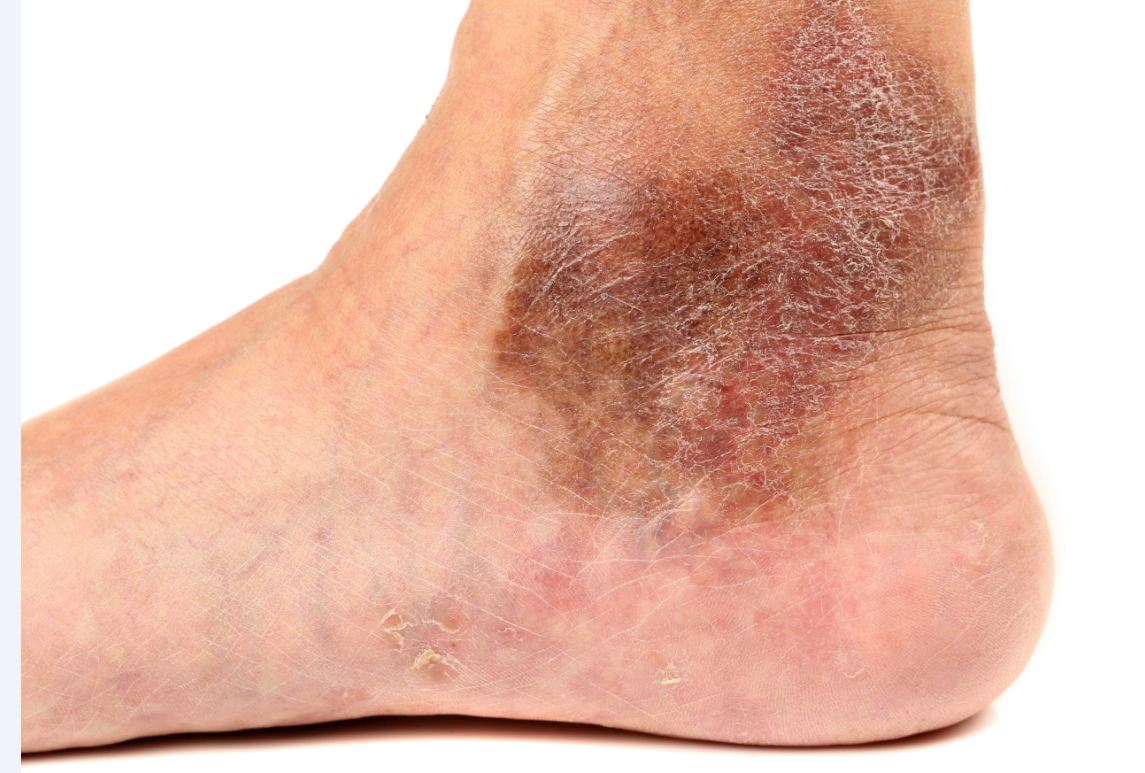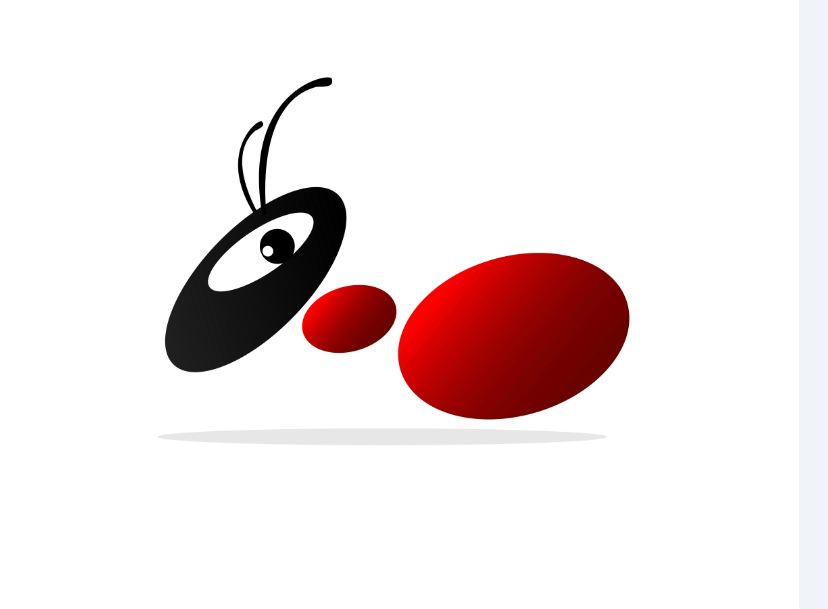Most people who are bitten by bed bugs experience symptoms that include irritation, sores, or itchiness. But how should bed bug bites be treated and can they be prevented? This article explores bed bug bite treatment and prevention methods in detail.
Symptoms are variable and may result in no visible symptoms at first. Usually are generally unnoticed and can be almost painless at the time of the bite. In fact, much of the time a person does not even realize they were bitten unless they notice the bite welts. However, symptoms of reddish bumps on skin, inflammation and red blotches that can become areas of raised, itchy bumps that eventually cause a burning sensation. Generally, the opposite relationship to number of bites and sensitivity occurs with bed bug bites. Often someone who is bitten by a bed bug doesn’t even realize the bug has fed, but as the number times they are bitten increases, the sensitivity to those bites also increases.
Bed bug bites are more clustered and often occur in a distinct bite pattern that can be described as being multiple and arranged in a linear or circular fashion. Common locations include the neck, face, back, chest, arms, legs and around the crotch. In many instances a bed bug is unable to digest all of the blood meal it takes from a host, so it may actually excrete a portion of that blood meal onto the sheets the host is sleeping on. Therefore, if you see small, round bloodstains on your sheets, chances are good that a bed bug feed on you during the night.
Bedbug Prevention & Extermination
Getting rid of bedbugs begins with cleaning up the places where bedbugs live. This should include the following:
- Clean bedding, linens, curtains, and clothing in hot water and dry them on the highest dryer setting. Place stuffed animals, shoes, and other items that can’t be washed in the dryer and run on high for 30 minutes.
- Use a stiff brush to scrub mattress seams to remove bedbugs and their eggs before vacuuming.
- Vacuum your bed and surrounding area frequently. After vacuuming, immediately place the vacuum cleaner bag in a plastic bag and place in garbage can outdoors.
- Encase mattress and box springs with a tightly woven, zippered cover to keep bedbugs from entering or escaping. Bedbugs may live up to a year without feeding, so keep the cover on your mattress for at least a year to make sure all bugs in the mattress are dead.
- Repair cracks in plaster and glue down peeling wallpaper to get rid of places bedbugs can hide.
- Get rid of clutter around the bed.
If your mattress is infested, you may want to get rid of it and get a new one, but take care to rid the rest of your home of bedbugs or they will infest your new mattress.
While cleaning up infested areas will be helpful in controlling bedbugs, getting rid of them usually requires chemical treatments. Because treating your bed and bedroom with insecticides can be harmful, it is important to use products that can be used safely in bedrooms. Do not treat mattresses and bedding unless the label specifically says you can use them on bedding.
Bed Bug Bites Treatment
There are relatively few treatments options when it comes to uncomplicated bed bug bites.
The first recommended line of treatment involves cleaning the wound, ideally with soap and water.
For itchy bites, the following may relieve minor symptoms:
- over-the-counter hydrocortisone, which can be purchased online.
- anti-itch creams
- antihistamines
Most wounds heal on their own within a week, sometimes two.
If severe swelling, inflammation, or itchiness occurs or persists, a person should seek medical attention.
A dramatic immune response may be a sign of an allergic reaction. If this is the case, one of the following may need to be administered:
- an injectable corticosteroid
- antihistamine
- epinephrine medication
If infection occurs, antibiotics may be prescribed.
Severe itchiness may result in further complications, such as infection or scarring. If severe itching is experienced, people may be prescribed corticosteroid creams and antihistamine pills or liquid.



